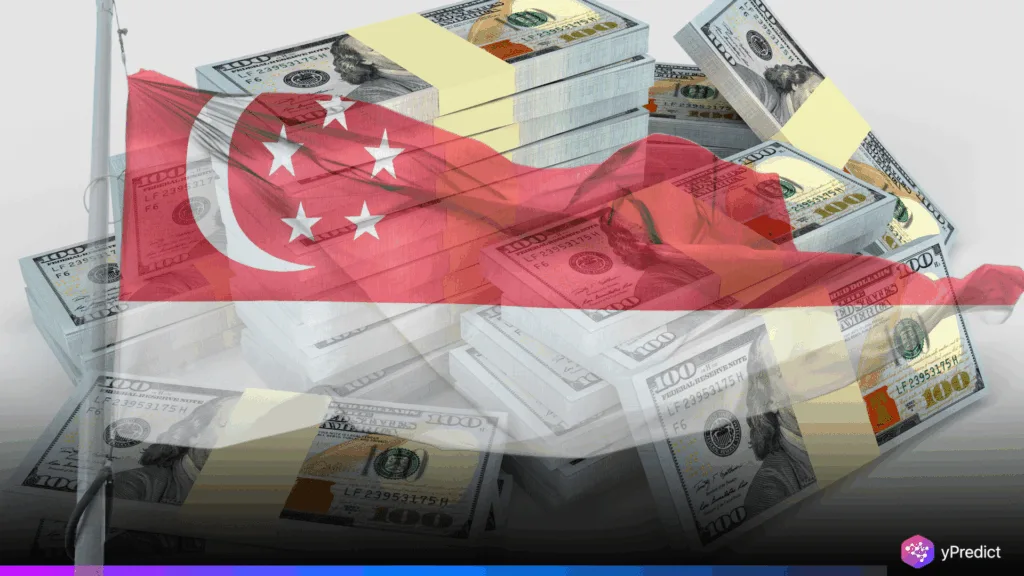
The largest money laundering case in Singapore has resulted in fines for nine major financial institutions, including Citigroup and UBS. This was the biggest fine Singapore’s Monetary Authority has imposed since the 1MDB enforcement in 2016. The total amounted to S$27.5 million ($21.5 million).
Additionally, more than S$3 billion in illegal assets, including cryptocurrency wallets and upscale real estate, were discovered by authorities. The high-profile investigation revealed serious gaps in compliance practices across banking operations. It is reigniting concerns over Singapore’s controls.
UBS, Citi Among Those Fined in Money Laundering Case
The Singapore laundering scandal was investigated for two years before being concluded by the Monetary Authority of Singapore. It was initially discovered in August 2023. Additionally, the investigation resulted in the conviction of ten Chinese nationals, known as the “Fujian gang.”
The largest fine of S$5.8 million went to Credit Suisse’s Singapore branch. Additionally, UBS and Citigroup were fined for failing to comply with critical anti-money laundering regulations. Regulators blamed the errors on inconsistent screening methods and insufficient internal procedures.
These lapses allowed billions in suspicious assets to flow through financial systems undetected. Four former bankers were given employment bans of up to six years, and two others were charged. Additionally, the Monetary Authority of Singapore confirmed that all companies are making amends and will be scrutinized.
Reputational Stakes High After Singapore Laundering Scandal
The Singapore laundering scandal has damaged the city-state’s image as a global financial stronghold. This money laundering case was one of the largest fraud operations in Asia, involving luxury cars, homes, and cryptocurrency.
According to Singapore’s Monetary Authority, the incident has led to a thorough examination of the country’s anti-fraud laws. Additionally, it underlined how urgently stronger anti-money laundering laws are needed given Singapore’s ongoing high inflows of wealth. Additionally, Singapore’s assets under management reached S$5.41 trillion in 2023, a 10% increase. This highlights the importance of maintaining trust.
Additionally, companies such as DBS, Blue Ocean, and UBS are still growing. However, regulatory scrutiny is also expected to increase rapidly. This is a second significant test of the city’s resilience, as it was previously connected to the Wirecard scandal. Nowadays, anti-money laundering measures are essential to the credibility of the system and go beyond simple formalities.
What’s Next After the Money Laundering Case?
This money laundering case revealed serious weaknesses in what was thought to be an excellent system. As institutions strengthen anti-money laundering controls, Singapore must prove that its safeguards are more than headlines. Although the Monetary Authority of Singapore has made a bold move, more reform is necessary. As a result, banks are under increased pressure to strike a balance between profit and responsibility. Will Singapore take the lead or will it just respond to the next crisis?







